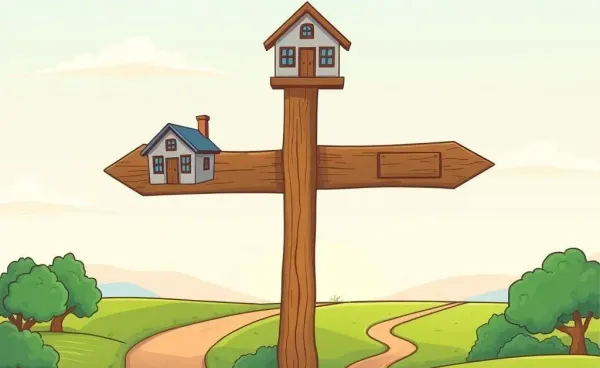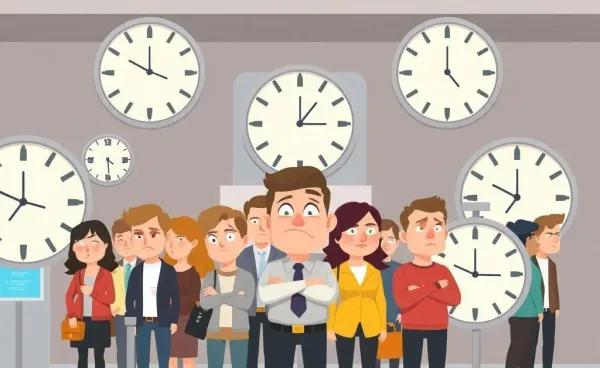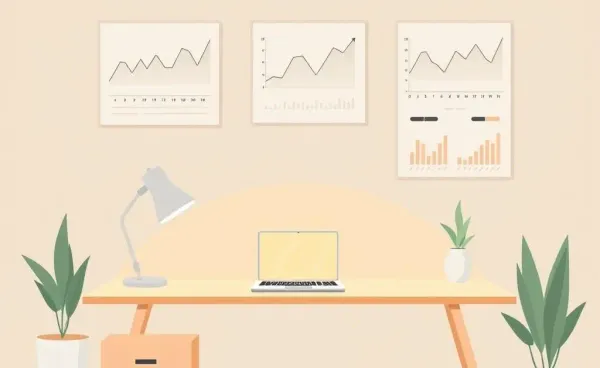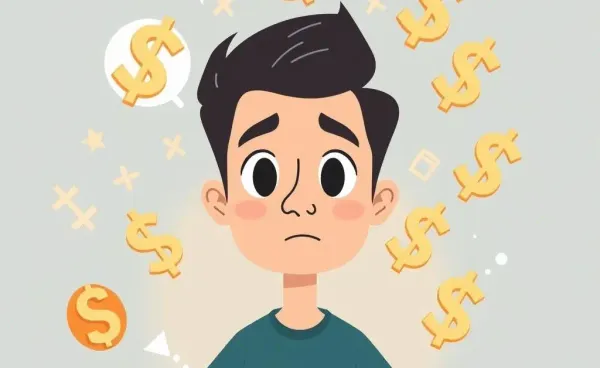The Role of the Federal Reserve: Balancing Independence and the Economy
Discover the delicate balance the Federal Reserve strikes between independence and economic stability.
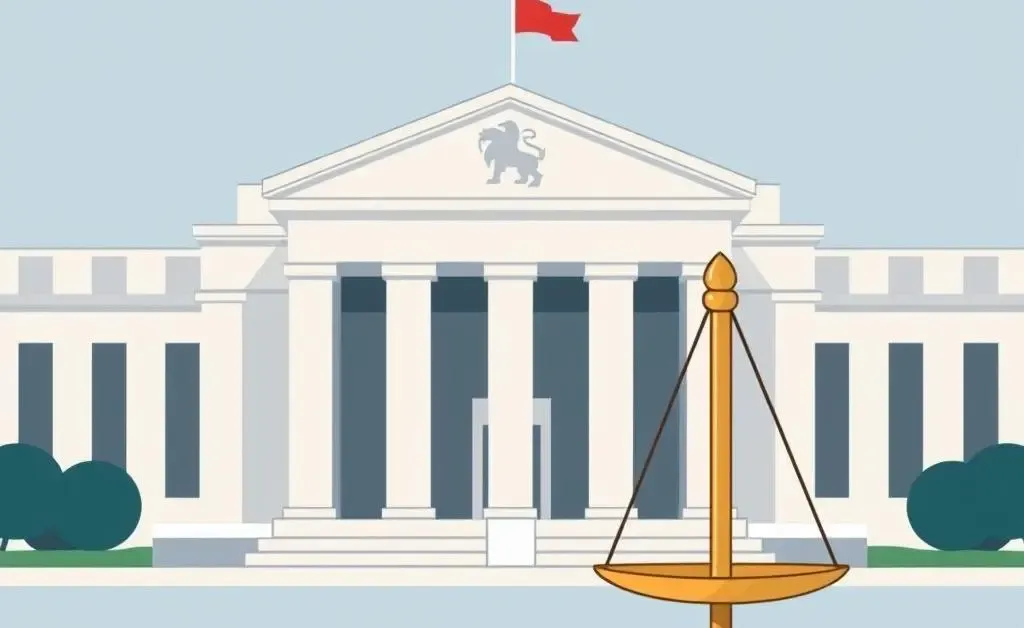
Hey there! If you've ever wondered about the invisible hands that try to keep our economy balanced, you're probably thinking of the Federal Reserve, or simply, 'the Fed.' Understanding its role can feel like unraveling a mystery. But today, we'll dive into the delicate balance it maintains between independence and steering the economy in the right direction.
Why Does the Federal Reserve Need Independence?
Imagine trying to make a crucial decision while someone’s constantly whispering in your ear. That's precisely the kind of pressure the Federal Reserve seeks to avoid through its independence. By being free from direct political influence, the Fed can focus on long-term economic stability, not just quick fixes that align with political cycles.
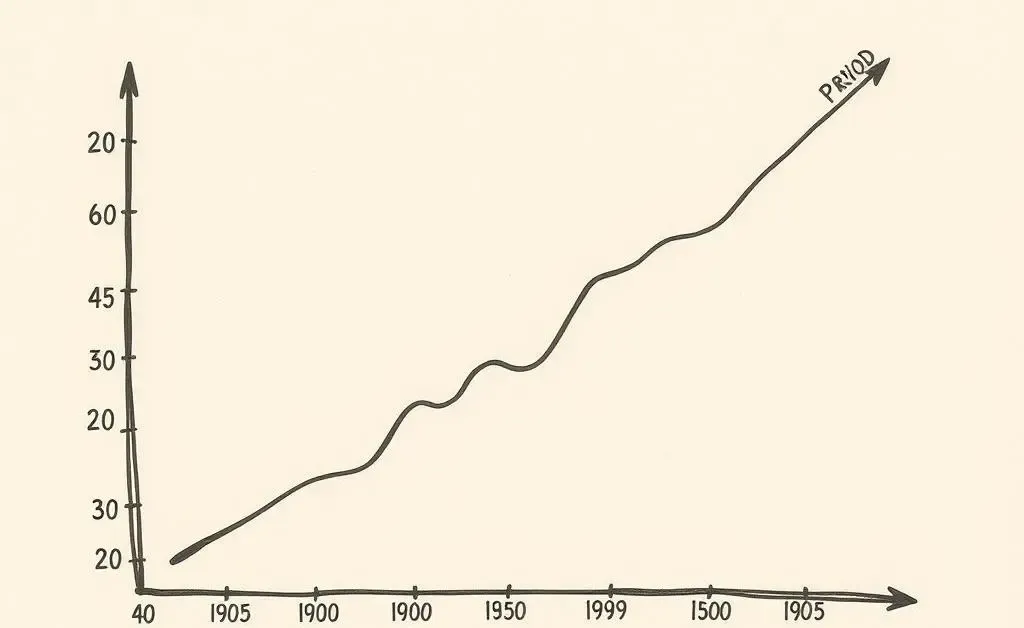
The Importance of Interest Rates
Interest rates might sound like a mundane term, but they play a crucial role in our daily lives. From your mortgage to your car loan, the rate impacts them all. The Fed's ability to adjust these rates allows it to influence inflation and unemployment, fine-tuning as necessary to foster a stable economy.
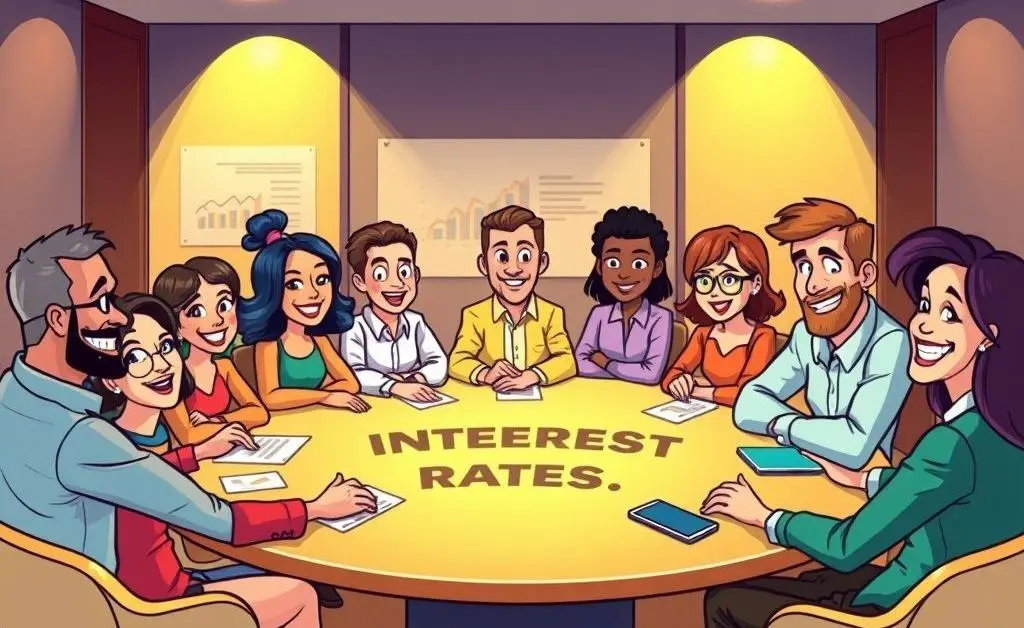
Independence vs. Accountability
While independence is essential, accountability is critical. The Fed needs to communicate its policies and decisions transparently. It’s not just about keeping the economy stable, but also about ensuring the public has trust and confidence in its actions.
The Human Side of Economic Decisions
Behind every decision lies a group of dedicated experts. Their goal? To interpret data and trends to make predictions about the economy’s trajectory. It’s like navigating through a foggy road — challenging, yes, but essential for preventing economic pitfalls.
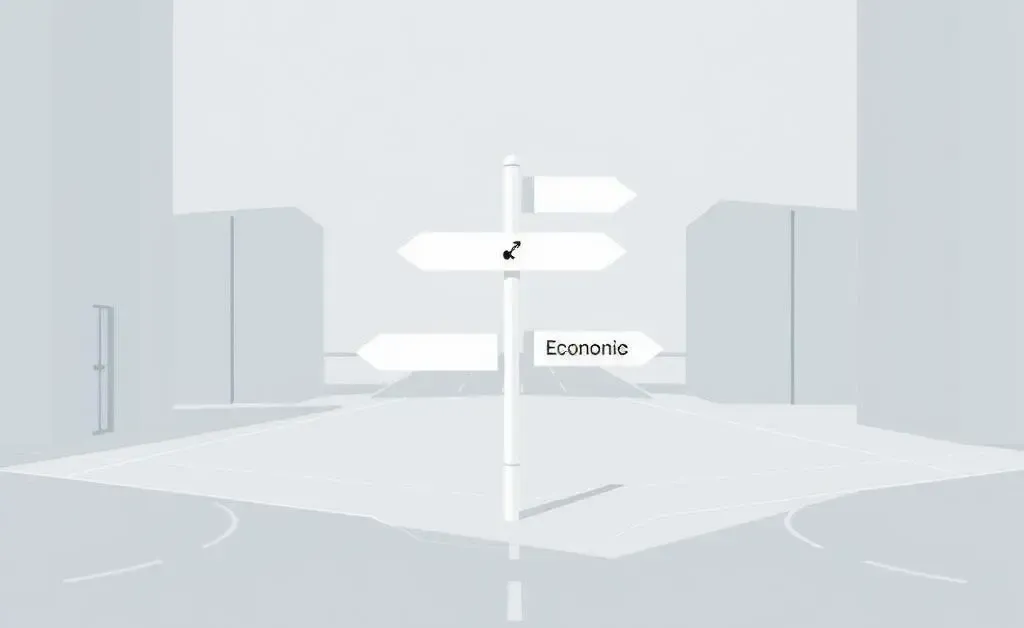
As we reflect on the role of the Federal Reserve, it’s clear that its independence doesn’t mean it operates in a vacuum. Its decisions ripple through our economy, affecting everyone from the largest corporations to the tiniest small-town shops. In the end, it’s a balancing act — one that touches each of us in unseen yet significant ways.
Do you ever ponder the Fed’s impact on your personal finances or the broader economy? I'd love to hear your thoughts!

